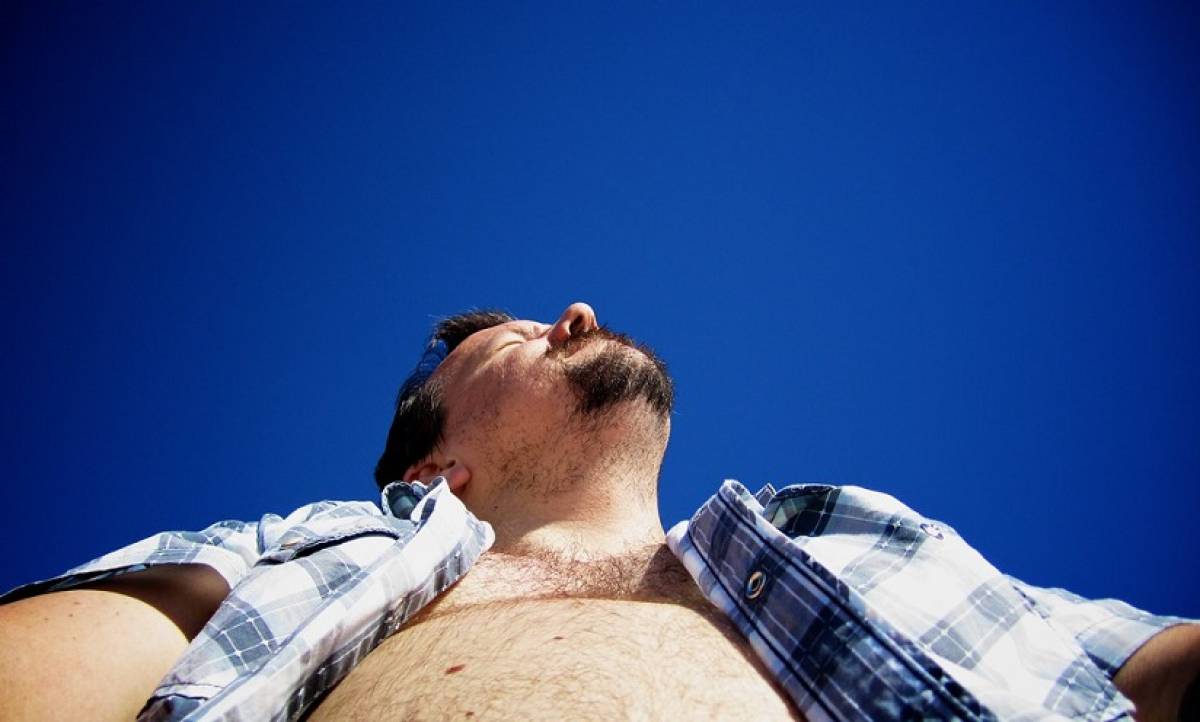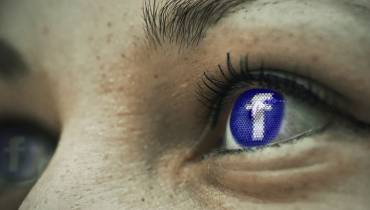UK Government Urged to Use Vitamin D to Combat COVID

Some exposure to the Sun's UV rays has some benefits for people, including the creation of Vitamin D. But it also can cause health risks. The World Health Organization (WHO) recommends 5 to 15 minutes of sun exposure 2 to 3 times a week for benefits. Photo: Bark/Flickr
Since the start of the pandemic in early 2020, the race to find an effective treatment for the coronavirus has been a priority. Since then, effective vaccines have been created in record time.
The vaccine is necessary to end the pandemic, with the UK government spending on COVID vaccines hitting nearly £12 billion to inoculate the nation. However, research and international evidence suggest that we have always had access to a supplement which could help alleviate the symptoms of the virus: vitamin D.
There is now a growing pressure on the UK government to recommend the supplement to the general population and to make the vitamin more accessible to older and vulnerable people.
Below we highlight the arguments for using vitamin D to combat COVID and explore why this common vitamin may be used as a common remedy.
The properties of vitamin D
Vitamin D is a very common supplement which can be sourced from direct sunlight and food such as oily fish, red meat, and egg yolks. Its main job is to regulate the amount of calcium and phosphate in the body – nutrients which are essential for keeping bones, teeth, and muscles in good health.
The UK government has already recommended that the vitamin should be supplemented during the lockdowns, where the public has spent more time indoors without access to as much sunlight.
However, evidence has also emerged that patients with a deficiency of vitamin D were 1.77 times more likely to test positive with the novel coronavirus than those who had normal levels of vitamin D.
The supplement vitamin D3 has anti-inflammatory properties, which contrasts the inflammatory response that the coronavirus can have on the body. Studies already suggest that vitamin D could help to combat viral respiratory diseases. As such, research into the direct effect vitamin D can have on COVID-19 is still ongoing.
However, the NHS is currently granting access to the supplement for free to care home residents and vulnerable adults in England and Scotland.
Andalusia leads the way
The National Institute of Health and Care Excellence (NICE) has remained cautious as to the effectiveness of vitamin D in combatting COVID-19. However, evidence across the international community shows impressive results where vitamin D has been a part of pandemic recovery strategies.
In Andalusia, a rapid rollout of an activated vitamin D supplement, Calcifediol, has seen a fast-falling death rate. In fact, deaths per million people have dropped from 187 to just 11 in the Spanish region between November and January alone. This represents an 82% drop in deaths.
Comparatively, the UK’s death rate increased from 175 to over 300 per million people in the same period.
Persuading the government
The Andalusian model is being recognized across the world, even making its way into the UK parliament. David Davis MP has suggested that vitamin D should be used to combat the virus several times. Most recently, highlighting the success of Andalusia and their falling death rate.
Davis said:
“After giving out activated vitamin D to care home residents and some GP patients that death rate almost halved whilst ours was doubled.
“Can [the Prime Minister] ask his advisors to look urgently again at the very latest Spanish research around this cheap, safe, and apparently effective treatment.”
The government has provided free vitamin D supplements to the most vulnerable in the country to help with bone and muscle health. However, they have not suggested that it should be used to help against COVID. Davis says this step is only a “small step in the right direction” but emphasizes that it is not enough.
The Prime Minister said of the supplement’s effect on the coronavirus: “I am well aware of it,” and that “I will keep him updated on the review that is taking place.”
The virus’ reproduction rate is officially below one again for the first time since August 2020. The vaccine drive is also doing comparatively well compared to mainland Europe, with over 2.8 million people receiving their first dose of the jab in the second week of February. Impressively, the government predicts that the first nine priority groups in the UK will be vaccinated by May. However, can more be done to help?
Soon, the public could be advised to supplement vitamin D alongside the vaccine efforts to alleviate NHS pressure. The minimal to non-existing side effects of the supplement means there is little harm in its use. Plus, the low cost of vitamin D makes the case all the more persuasive.
Research from Queen Mary University in London is continuing, with its randomized trial looking to uncover the links between nutrient deficiencies and COVID-19. The trial is supported by Barts Charity and supplied with vitamin D from international pharmaceutical company Pharma Nord.
Rasmus Henriksen, General Manager, from Pharma Nord, said:
“Vitamin D is an important supplement in normal circumstances. However, lockdowns and social distancing restrictions mean that we are spending more time indoors. The public should supplement with vitamin D to help boost their immune system and health.
We also look forward to seeing results from the trial on how vitamin D can help the country recover from the coronavirus.”
Governments must continue to build up their vaccination programs. However, good health is another effective way of reducing severe coronavirus symptoms. Ensuring that we have a balanced diet and supplement ourselves when necessary may help to relieve pressure on the relevant authorities and recover the nation faster.





















